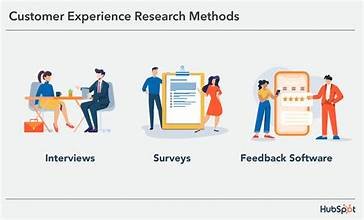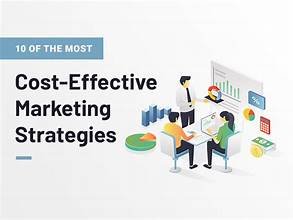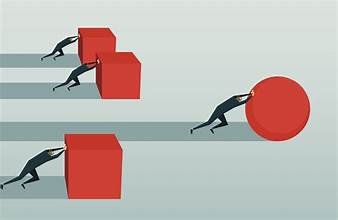What are the uses of an website for small business?
A website can be highly beneficial for a small business in multiple ways. Here are some key uses:
1. Online Presence & Branding
- Helps establish credibility and professionalism.
- Showcases the brand, products, and services to a wider audience.
- Enhances trust and reputation among potential customers.
2. Customer Reach & Engagement
- Makes it easier for customers to find and contact the business.
- Provides 24/7 accessibility, unlike a physical store with limited hours.
- Can integrate contact forms, chat support, and social media for direct interaction.
3. Marketing & Sales Growth
- Acts as a digital marketing hub, supporting SEO, PPC ads, and social media campaigns.
- Attracts new customers through search engines.
- Enables online sales (e-commerce) with payment gateways.
- Promotes special offers, discounts, and new products.
4. Cost-Effective Advertising
- Reduces dependency on expensive traditional marketing (e.g., print, TV).
- Can use blogs, newsletters, and email marketing to engage customers.
- Provides measurable results through analytics tools (Google Analytics, Facebook Pixel).
5. Competitive Advantage
- Competes with larger businesses by providing similar digital experiences.
- Helps businesses stay ahead of competitors who lack an online presence.
- Allows businesses to showcase customer reviews and testimonials.
6. Automation & Business Efficiency
- Reduces manual tasks like answering repetitive queries (FAQs).
- Enables appointment booking, order management, and automated responses.
- Collects customer data for better business decisions.

Online Presence & Branding
In today’s hyper-connected world, having an online presence isn’t just an option – it’s a necessity. Whether you’re an individual professional, a small business, or a large corporation, how you appear and are perceived online directly impacts your success. This isn’t just about having a website or a social media profile; it’s about strategically cultivating your online presence and defining your brand.

Customer Reach & Engagement
In the bustling digital marketplace, simply having a great product or service isn’t enough. To truly thrive, businesses need to effectively reach their target audience and then cultivate meaningful engagement that turns prospects into loyal customers and advocates. These two concepts are the lifeblood of sustainable growth, and they’re more interconnected than you might think

Marketing & Sales Growth
Every successful business has a powerful engine driving its expansion, and that engine is fueled by the strategic alignment of Marketing and Sales. Often seen as distinct departments, their true power emerges when they work in harmony, each complementing the other to achieve exponential growth. Understanding this synergy is key to not just surviving, but thriving in today’s competitive marketplace.

Cost-Effective Advertising
today’s competitive landscape, businesses of all sizes are constantly looking for ways to maximize their marketing impact without breaking the bank. The good news? Effective advertising doesn’t always require a colossal budget. By strategically leveraging the right channels and tactics, you can achieve significant cost-effective advertising that delivers impressive returns on investment (ROI).
Gone are the days when big budgets dominated advertising. The digital age has democratized marketing, offering numerous avenues for even the smallest businesses to reach their target audience efficiently.

Competitive Advantage
In the bustling digital marketplace, simply having a great product or service isn’t enough. To truly thrive, businesses need to effectively reach their target audience and then cultivate meaningful engagement that turns prospects into loyal customers and advocates. These two concepts are the lifeblood of sustainable growth, and they’re more interconnected than you might think

Automation & Business Efficiency
At its core, business efficiency is about getting the most out of your resources – whether that’s time, money, manpower, or materials. It means optimizing processes to reduce waste, minimize errors, and deliver results faster and with higher quality. An efficient business operates smoothly, profitably, and sustainably
